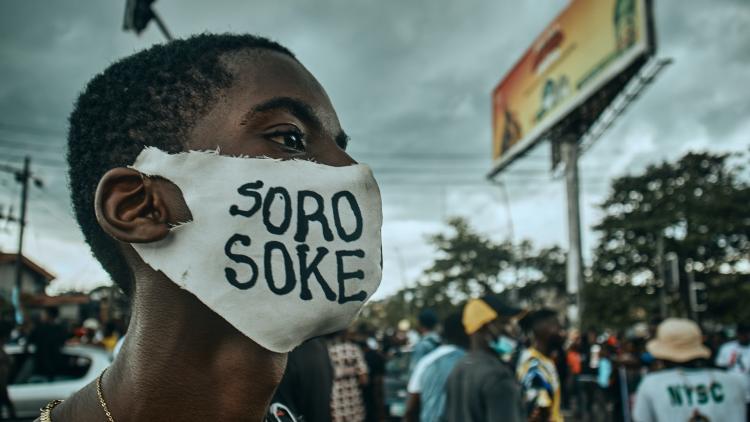International laws on the use of force

Key information
- Start date
- End date
- Duration
- Term 2
- Module code
- 15PLAH020
- FHEQ Level
- 7
- Credits
- 15
- Department
- School of Law, Gender and Media
Module overview
This module introduces students to the range of international laws which govern war and armed conflict. International law on the use of force forms the core content. Each seminar will introduce students to mainstream approaches and debates on the use of force before contrasting these with topical and controversial views on the law on the use of force. Students will be encouraged to follow current developments and practice while being introduced to the Charter system for collective security and the role of state justifications on the use of force.
The shift, by states, to the use of justifications for force outside of the Charter paradigm will also be looked at throughout the module. Key case law from the ICJ, institutional reports (such as the In Larger Freedom Report, Responsibility to Protect and A More Secure World) and recent justifications for force by states will be used to demonstrate controversial and settled aspects of the laws on the use of force.
Objectives and learning outcomes of the module
At the end of the module the students will be able to:
- Identify the international laws on the use of force and their sources
- Identify contemporary issues raised by international laws on the use of force
- To examine a range of theoretical approaches to international laws on the use of force
- Discuss the ways in which the international laws on the use of force engage with broader international legal concepts and practices
- Provide knowledge of how international laws on the use of force are formed and applied through the development of customary international law, treaty law and the work of international organisations
- Explain the relationship between theoretical perspectives on international law and the explanations and justifications for the behaviour of states and other actors which influence the development of the laws on the use of force
- Illustrate their understanding of (1) to (6), above, through the use of appropriate state practice examples, UN documents and international law in written work that demonstrates independent research and critical thinking skills
Method of assessment
- Legal summary (1500-2000 words): 40%
- Essay (2500-3000): 60%
Suggested reading
- Franck, Recourse to Force, Cambridge, 2003
- Gray. International Law and the Use of Force. 3rd edition, 2008
- Heathcote, The Law on the Use of Force: a Feminist Analysis, Routledge, 2013
- Mgbeoji, Collective Insecurity, UBC Press, 2003.
- Orford, Reading Humanitarian Interventions, Cambridge, 2003
Disclaimer
Important notice regarding changes to programmes and modules.


